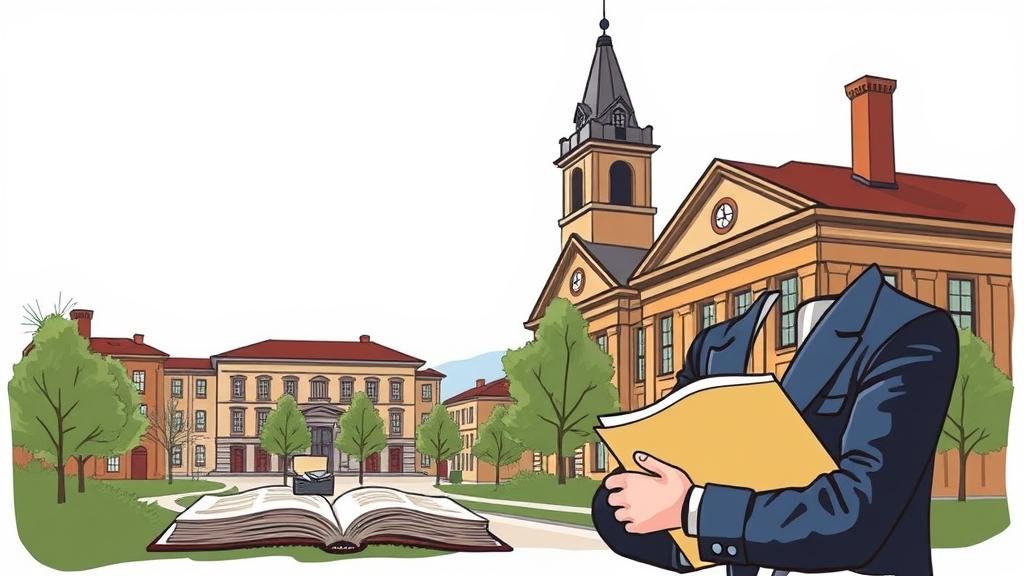Uncovering Local Secrets with Libraries, Archives, and Historical Societies
Uncovering Local Secrets with Libraries, Archives, and Historical Societies
The study of local history is a nuanced and intricate field, deeply rooted in the communities that shape it. Libraries, archives, and historical societies play a significant role in this exploration, serving as repositories of knowledge and cultural heritage. This article delves into how these institutions facilitate the uncovering of local secrets, highlighting specific examples and providing a framework for understanding their critical importance in the preservation of history.
The Role of Libraries in Local Historical Research
Public and academic libraries are vital to historical research, offering various resources to scholars and community members alike. house collections including books, newspapers, digital media, and local documents pertinent to regional history.
- For example, the New York Public Library hosts extensive collections related to the city’s history, making primary source materials available to the public.
- Similarly, the San Francisco Public Library has localized collections that specialize in the Gold Rush era, showcasing the impact of this period on local demographics and culture.
Libraries not only provide access to materials but also offer programming such as historical lectures and archival workshops, enabling patrons to engage deeply with their local heritage. According to the American Library Association, approximately 80% of public libraries participate in community history projects, demonstrating their commitment to preserving local secrets.
Archives: Guardians of Historical Documentation
Archives serve as vital custodians of historical documentation. They collect, preserve, and provide access to records that reflect the historical narrative of a community. This includes government records, personal papers, and organizational archives that tell the story of a locality.
- An example is the National Archives of the United Kingdom, which holds documents dating back to the 13th century, including the Magna Carta.
- In the United States, the Library of Congress has a wealth of records that not only serve scholars but also local historians seeking to uncover long-lost narratives.
Archives often undergo digital transformation, expanding access beyond geographical boundaries. The digitization of the California Digital Newspaper Collection allows researchers worldwide to explore local newspapers from as early as 1846, enhancing the study of Californias extensive past.
Historical Societies: Community Engagement in Preservation
Historical societies are crucial in fostering local participation in historical preservation. These organizations often host events, conduct lectures, and curate exhibitions that promote awareness and appreciation of local history.
- The Massachusetts Historical Society, for instance, offers a rich array of programming and research opportunities focusing on early American history.
- Also, the North Carolina Historical Society has facilitated numerous projects aimed at exploring civil rights narratives important to the state.
These societies not only preserve artifacts and documents but also act as advocates for local history, engaging community members in storytelling which drives interest and investment in preserving their heritage. Research by the American Association for State and Local History found that such engagement can increase local pride and cohesion.
Challenges and Opportunities
Despite their importance, libraries, archives, and historical societies face challenges such as funding cuts and the need for digital adaptation. Ensuring sustainable funding and integrating technology into research and outreach are paramount for these institutions to thrive.
- The shift towards digital archives, as seen with the Digital Public Library of America, exemplifies how institutions can broaden access while managing costs.
- Also, collaborations between institutions can maximize resources. For example, the Ohio Historical Society partnered with statewide libraries to create local history databases that enrich community research.
Actionable Takeaways
For those interested in uncovering local secrets, engaging with libraries, archives, and historical societies is essential. Here are steps to consider:
- Visit your local library or archive and inquire about local history resources.
- Attend events hosted by historical societies to connect with like-minded individuals and experts.
- Use digital collections from various institutions to conduct remote research.
- Volunteer or support local historical organizations to ensure their sustainability.
To wrap up, libraries, archives, and historical societies serve as cornerstones in the exploration and preservation of local history. By actively engaging with these institutions, individuals not only uncover secrets of the past but also contribute to the ongoing historical narrative of their communities.


